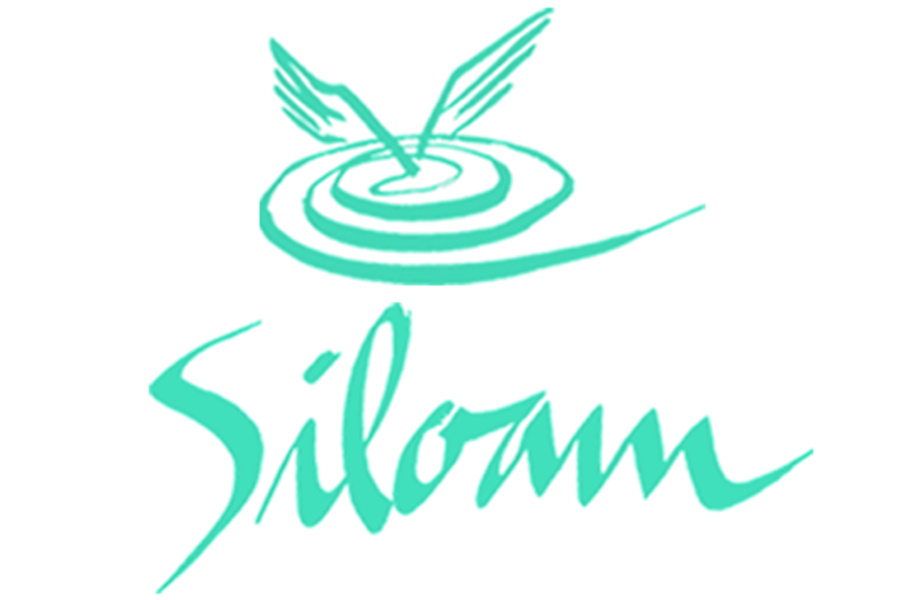If a recently inaugurated crowd-funding effort doesn’t succeed in raising adequate capital, a local HIV-services agency will be forced to close its doors within two months.
The board of Siloam Wellness has initiated a GoFundMe campaign in an attempt to raise $500,000, which would give the agency enough money to continue operations for the next two years. The group is also trying to buy time to pursue plans aimed at stabilizing the beleaguered agency’s finances in the long term.
According to Siloam’s executive director, Sarina DiBianca, the agency’s funding difficulties have been a persistent problem for years.
“I’ve been here for two-and-a-half years, and the funding problems had been going on for years before I arrived,” she said.
“Siloam is at a disadvantage because we can’t get funding through normal governmental channels. We rely on our donor base and on grants to provide our operating funds.”
Those funding streams have been proving inadequate, and Siloam is rapidly running out of cash, said DiBianca.
The reason Siloam can’t access funding through normal governmental channels is because of the nature of the services it offers. Siloam does not offer traditional clinical services like other agencies such as Mazzoni Center or Philadelphia FIGHT. Siloam offers holistic wellness programs that focus on psychological, nutritional, emotional and spiritual needs of persons living with HIV.
In effect, Siloam picks up where the clinical agencies leave off.
“One of the things I have seen with people living with HIV,” said DiBianca, “is that isolation isn’t their biggest problem. We offer them a welcoming, non-judgmental environment, helping them deal with the multitude of issues faced by those living with HIV beyond the clinical.”
Siloam’s comprehensive wellness program, provided at no cost to those infected with HIV, includes counseling, support groups, a food pantry, educational seminars,and more.
Given that age group with the highest rate of HIV infection is 16- to 26-year-olds, the emotional and psychological needs of youth are a particular concern. In a press release, DiBianca stated, “Depression and suicide rates among young people with HIV are higher than normal, so the help we provide them is a real lifeline.”
However, holistic wellness services such as Siloam provides do not fall within the traditional parameters of accepted medical treatments. As such, Siloam doesn’t qualify for most standard sources of governmental funding. “If we offered clinical services, there’d be lots of funding,” DiBianca said. “But we don’t. So we don’t qualify.”
DiBianca related the response she got when she approached the AIDS Activities Coordinating Office, which coordinates much of the funding for Philadelphia’s AIDS service agencies. “I was told outright that there’s no money for holistic approaches.”
In an attempt to increase Siloam’s visibility, its work and its financial plight, volunteers have put together a short documentary film featuring interviews with Philadelphia residents who rely on the agency’s services. The documentary will be shown during the qFLIX LGBT Film Festival, running through March 31.
DiBianca explained why it’s important that Siloam continue operating.
“I’ve seen so many people come through our doors, broken, who’ve gone on to recover their health and their lives,” said DiBianca. “Some have gone on to get their degrees, become social workers, or in other ways have gone on to give back to their communities. These are special people. They deserve our help.”
Those interested in supporting Siloam Wellness can donate to the GoFundMe page at SaveSiloam.com.

